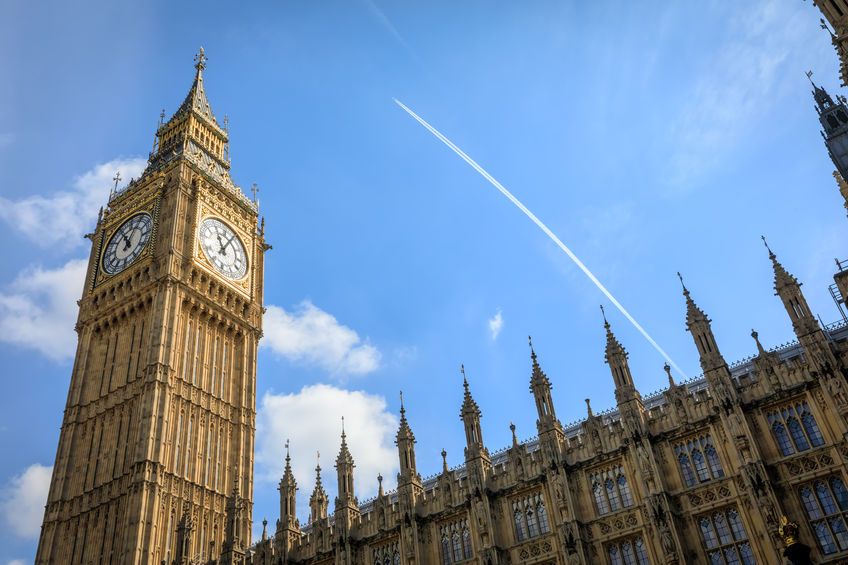
The Agriculture Bill enters into a crucial Second Reading in the House of Commons tomorrow, setting out a range of industry and political views.
The Agriculture Bill, which will provide a range of enabling powers to ensure “stability” for farmers as the UK exits from the EU’s Common Agricultural Policy (CAP), will enter its Second Reading on Wednesday 10 October.
First published on 12 September 2018, it sets out how farmers and land managers will in future be paid for “public goods”, such as better air and water quality and improved soil health.
The Second Reading will set the agenda for the Committee Stage of the Bill, which will see detailed amendments tabled and voted upon.
Key points to be highlighted during the Second Reading include the UK leaving the CAP, post-Brexit funding and the whether the Bill is UK-wide.
Leaving the CAP
The UK will have to leave CAP under any Brexit scenario. The body of EU regulation which forms the CAP will become ‘retained EU law’ on Exit Day.
Currently, CAP allows for direct payments to farmers, rural development payments, including agri-environment schemes, and certain market interventions.
As the UK has been a part of the CAP since 1973, the UK Government and stakeholders have described the Bill as a historic opportunity to radically reshape domestic agricultural policy.
The scale of potential change has been compared to the Agriculture Act 1947, which sought to increase food production after the Second World War and introduced higher farming standards.
This 2018 Bill sets out to provide the architecture for most parts of the UK to start to develop their approaches to supporting farm businesses whilst meeting international trading obligations.
Funding
The UK Government has already pledged to continue to commit the same cash total in funds, totalled some €4bn per year, for farm support across the UK until the end of this parliament, expected in 2022.
It has pledged that “any changes made to agricultural funding would reflect the Government’s aim of securing a better future for UK agriculture and for the environment”.
A UK-wide Bill?
The main body of the Bill applies to England. However, Schedule 3 (Wales) and Schedule 4 (Northern Ireland) extend similar powers to Welsh Ministers and the Department for Agriculture, Environment and Rural Affairs (DAERA) so that they can start preparing replacement schemes.
These powers were extended at the request of the Welsh Government and DAERA. However, the Scottish Government has not currently taken up the offer of powers in the Bill as it is in disagreement with the UK Government about its overall approach to repatriating EU powers in devolved areas of competence.
There are no specific Scottish provisions in the Bill. Scotland is however covered by the UK provisions relating to the World Trade Organisation.
Industry reaction
The reaction to the Bill has been mixed. Whilst both farming organisations and environmental groups broadly support the new ‘public money for public goods’ approach to future farm support schemes (in England and Wales), there is concern from both groups that there will not be sufficient future funding beyond this Parliament.
A lot of industry comment has focused on whether the Bill has the right balance of measures between incentivising environmental protection and supporting productivity.
For example, the Tenant Farmers Association (TFA) has challenged MPs to "grasp the enormity" of setting out new farming policies during the Second Reading, and the Country Land and Business Association (CLA) has called for more certainty on Government funding plans for the industry post-2022.
